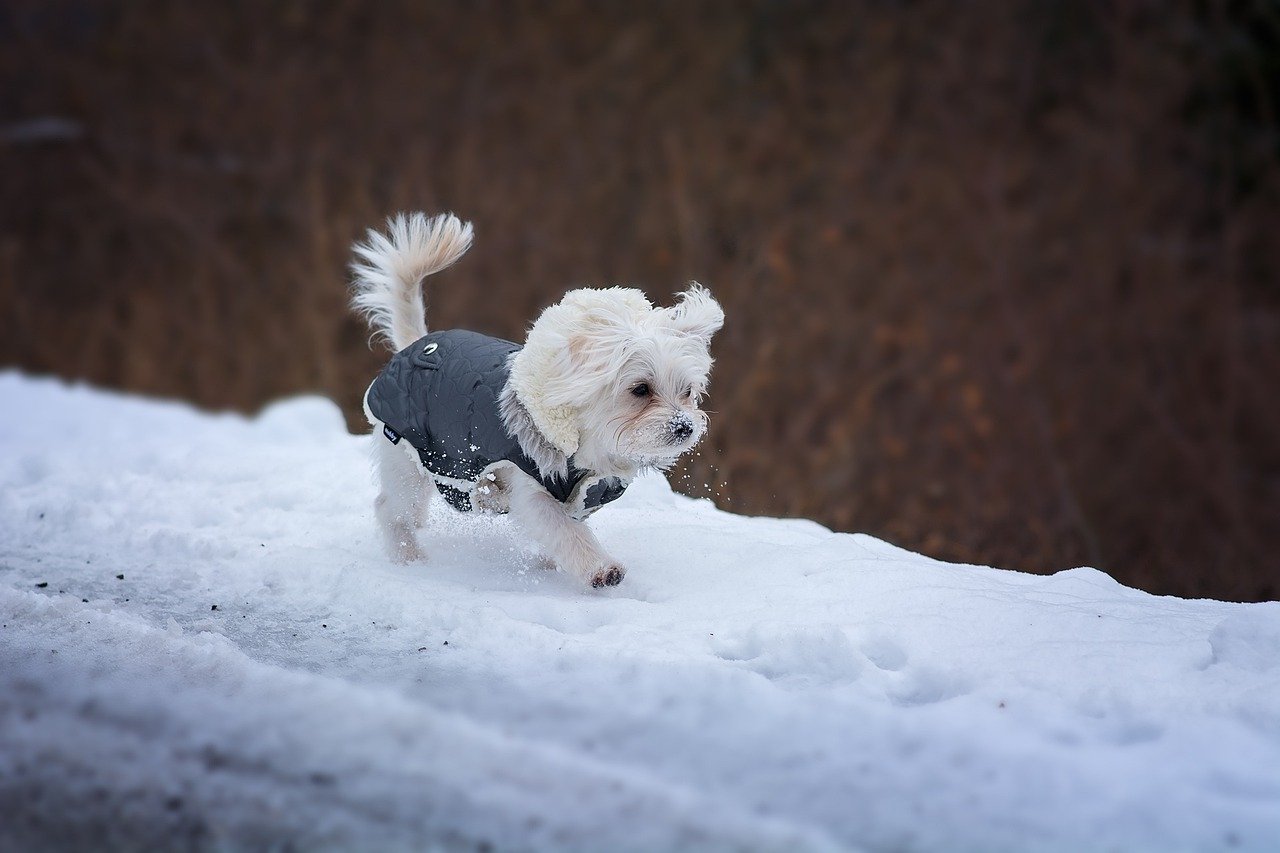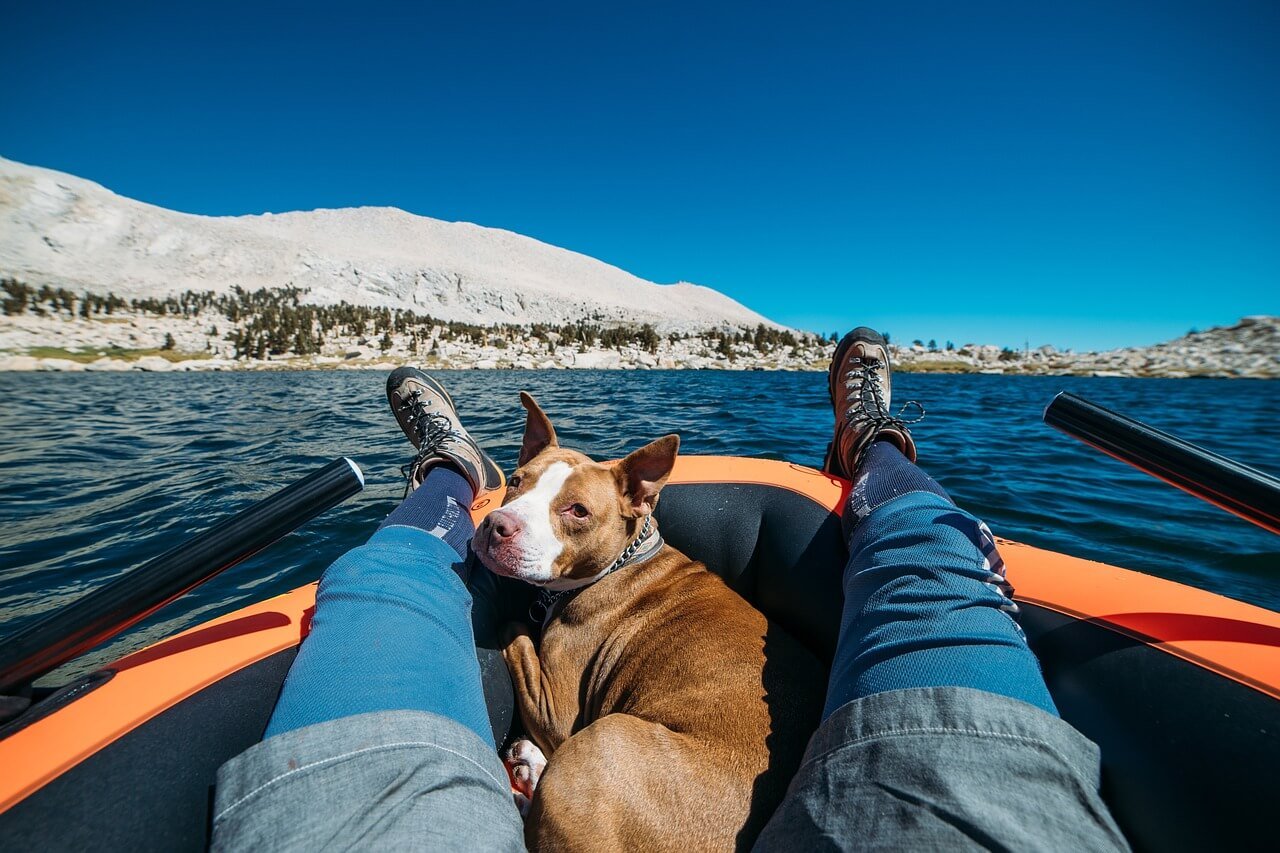As the chill of winter rolls in, every sneeze or cough might make us wonder if it's just the cold air or the onset of an actual cold. This concern often extends to our furry friends curled up beside us. The thought crosses our mind as they sneeze adorably or look a little less energetic than usual: can dogs catch colds?
Understanding Your Dog's Health
Before we address the sniffles, it's crucial to understand what signifies good health in a dog. A healthy dog typically has a shiny, thick coat, clear eyes, and an energetic spirit. Their appetite is good, and their weight is appropriate for their size and breed. However, just like us, dogs have off days and might exhibit changes that could signal something amiss.
Changes in Appetite
One of the first signs pet owners might notice is a change in eating habits. If your dog, who usually polishes off meals with gusto, starts showing disinterest in food or eating less, it's a concern. While this doesn’t immediately indicate a cold - as dietary changes can result from various factors - it's one of the symptoms that, especially when paired with others, should prompt further observation or a vet visit. A lack of appetite can affect their energy levels and immune response, potentially prolonging any illness.
Reading Their Body Language
Dogs might not speak our language, but they communicate clearly through their body language. Are they moving less or slower, maybe not as eager during walk time? Do they seem more lethargic than usual, or are they shaking? These could be signs your dog is not feeling well.
Understanding your dog's body language is like learning a new language – it requires observation, learning, and patience. Subtle signs like a lowered tail, less interaction with family members, or a sad expression can be easy to miss. It’s important to stay attuned to these little changes, as they can be your first clues to recognizing if your dog has a health issue like a cold.
The Importance of Rest
Just like us, dogs need a good amount of sleep to function at their best. But if you're noticing that your pooch is sleeping more than usual, it could be an indication they're trying to fight off an illness. Dogs naturally sleep for longer hours than humans, but excessive sleep combined with other unusual signs might be a cue for you to take action.
What to Look Out For
Now that we’ve covered the general wellness indicators in dogs, let’s narrow down to the nitty-gritty of canine colds. Yes, dogs don’t catch human colds, but they do get infections that mimic our cold symptoms. Understanding these signs is pivotal in ensuring you catch any potential health issues early.
Unusual Sounds and Discharges
Just like us, one of the first signs of a cold in dogs is often a runny or stuffy nose. You may notice your dog sneezing, having a runny nose, or even discharging watery eyes. Coughing can also occur, sounding anything from a slight hack to a more concerning deep cough that resembles a human's bout of bronchitis. While these symptoms can seem alarming, they’re often a normal part of your dog’s immune response. However, prolonged or severe symptoms warrant a trip to the vet to rule out more serious conditions.
Behavioral Changes
A dog feeling under the weather isn't going to be their usual playful self. You might notice your pet being unusually subdued, less interested in walks, playtime, or general activities they usually enjoy. When your dog starts showing these changes, in behavior especially when combined with symptoms it might be a sign that they are trying to save energy and battle an illness.
Physical Symptoms
In some cases, dogs might develop a low-grade fever, though this can be hard to recognize without a thermometer specifically designed for pets. Other symptoms to watch out for include breathing difficulties or lethargy. If these symptoms are present, it’s best not to wait it out — contact your veterinarian.
When to Visit the Vet
If your dog’s symptoms are mild and they’re still eating and drinking normally, you might choose to wait a few days to see if they improve. However, if your dog stops eating, seems very uncomfortable, or if symptoms persist for more than a couple of days, it’s time to seek professional advice.
Practical Tips and Preventive Care
Seeing your beloved pet battling a cold can tug at your heartstrings. Although its crucial to seek advice, from your veterinarian regarding the course of action there are methods you can employ to ensure your furry friends comfort and minimize the likelihood of future illnesses within your home.
A Warm and Cozy Resting Spot
Ensure your dog has a warm, draft-free place to rest. If they’re used to lying on the cold floor, consider adding a cozy dog bed or a blanket to provide extra warmth. This comfortable leaf dog mat could be just what your dog needs to feel snug and secure while they recuperate.
Leaf Shape Dog Blanket

R$ 177,99
R$ 340,99
Discover the FunnyFuzzy Leaf Dog Mat. Stylish, comfortable, and perfect for your pet. Available in various colors and sizes to suit your home decor.… read more
Hydration is Key
Just as we need plenty of fluids when we’re sick, the same goes for our furry friends. Ensure your dog has constant access to fresh water. If they’re reluctant to drink, consider adding a bit of chicken broth to their water to encourage hydration.
Proper Nutrition
If your dog is less enthusiastic about eating their regular food, try offering them wet food, which can be more appetizing. However, avoid any drastic dietary changes unless recommended by your vet.
Limit Exposure to the Elements
Shorten your walk times during cold weather, and consider skipping extremely chilly days. If you have a small or short-haired breed, they might benefit from wearing a doggy sweater or coat during walks.
Keep Your Home Humidified
Dry air can exacerbate your dog’s symptoms, so using a humidifier can help keep their nasal passages moist and make breathing more comfortable.
Conclusion
Throughout our exploration of aspects of dog health, such, as recognizing symptoms providing comfort and embracing a holistic approach to year round well being one thing is evident; our dedication, to our beloved furry friends knows no bounds.
Dealing with a dog's cold can be straightforward, but it's the preventive measures and consistent care that truly make a difference. By recognizing the signs early on, providing a comforting environment, and keeping up with regular veterinary care, we're able to navigate the minor bumps in the road of our pets' health with ease.





